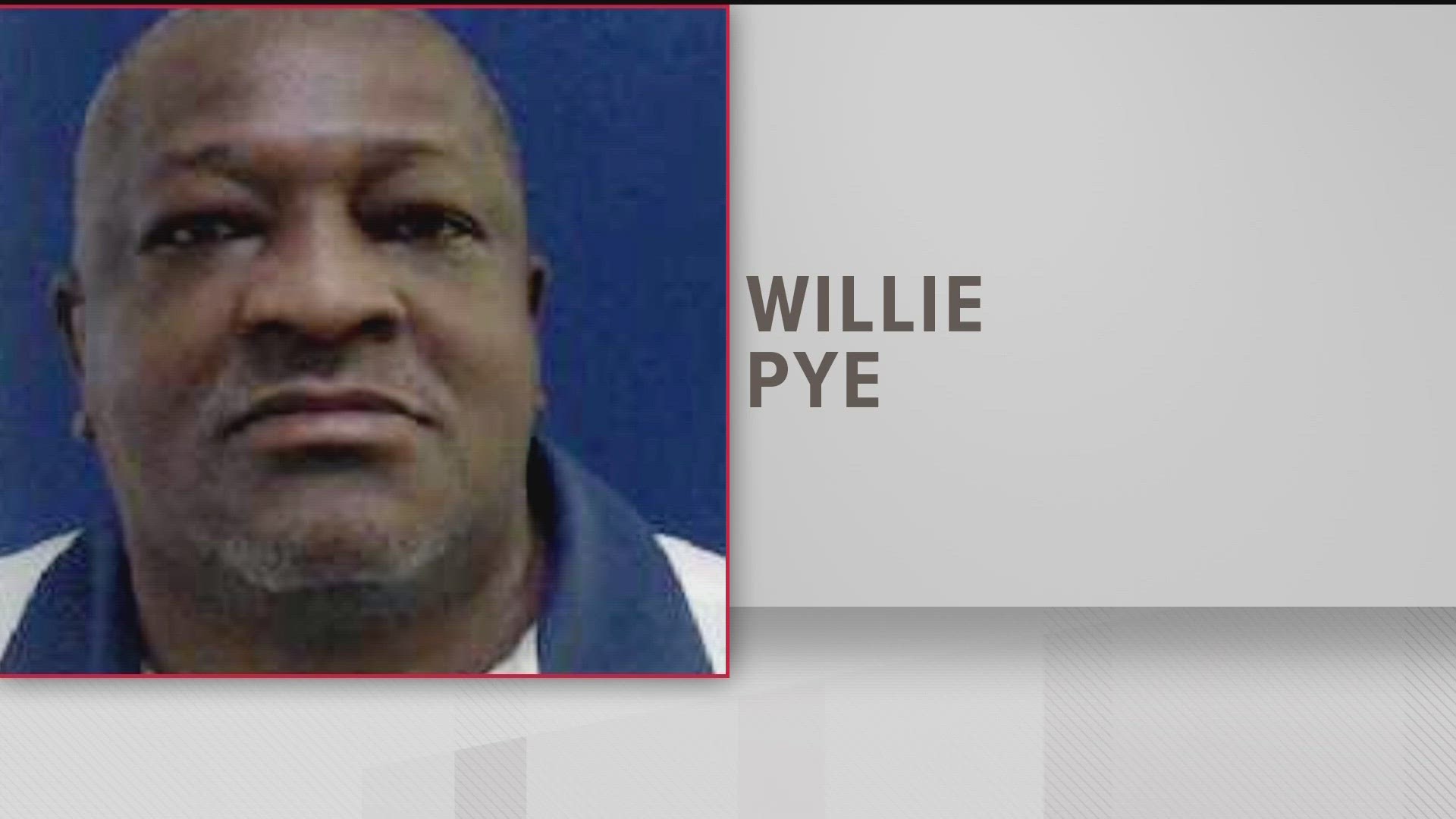Georgia Crime: Legal Battles and Unyielding Justice

The Tragic Events Unfold
In Georgia’s state prison in Jackson, the long-awaited execution of Willie James Pye, aged 59, unfolded on Wednesday evening. Pye, convicted of a crime committed three decades ago, drew his last breath at 11:03 p.m. following the administration of a lethal dose of pentobarbital. Despite legal battles and appeals, there was no reprieve for Pye. He chose silence over final words but accepted a prayer offered, perhaps seeking solace as he faced his fate. The execution proceeded with a somber rhythm, the drugs taking effect gradually. Pye’s breaths became shallow bursts, his features betraying a momentary struggle before yielding to stillness. Minutes stretched into eternity until the warden solemnly announced the time of death, marking the conclusion of Pye’s earthly existence.
Despite last-minute appeals to the U.S. Supreme Court, Pye’s fate was sealed. The court unanimously declined to intervene, upholding the decision to proceed with the execution. Arguments regarding pandemic-related conditions and Pye’s intellectual disability were fiercely debated but deemed insufficient to alter the course of justice. The tragic events leading to Pye’s demise date back to November 1993. Alongside accomplices Chester Adams and a juvenile, Pye orchestrated a plan to rob Yarbrough’s partner, culminating in a night of violence and tragedy that claimed Yarbrough’s life.
Different Paths, Similar Consequences
Yarbrough’s final moments were fraught with terror as Pye’s merciless actions extinguished her life. His subsequent conviction on charges of murder, kidnapping, armed robbery, rape, and burglary underscored the gravity of his crimes. Despite legal efforts, Pye’s guilt remained indisputable, etching a somber chapter in Georgia’s judicial history.
Meanwhile, Pye’s co-conspirator, Chester Adams, accepted responsibility for his actions, receiving multiple life sentences as a consequence. As Pye faced his final reckoning, his execution marked a solemn milestone in Georgia’s legal landscape, serving as the 54th instance of lethal injection in the state. Yet, amid the closure sought by Yarbrough’s loved ones, lingering questions persist about the complexities of morality and mercy in the wake of unspeakable tragedy.
